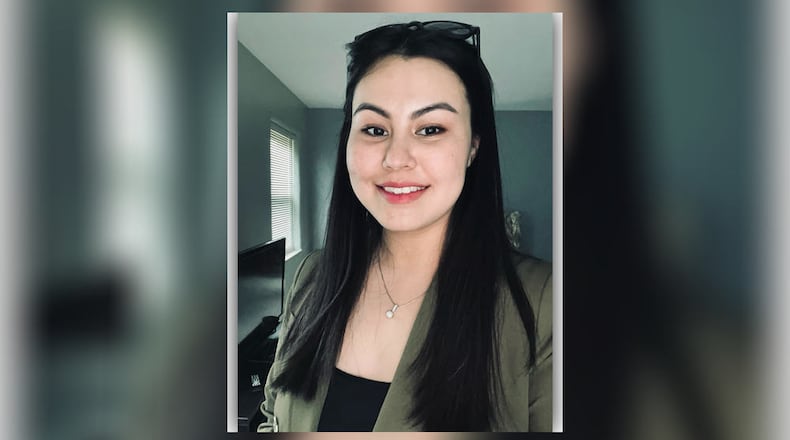However, amidst the poignant storytelling and captivating performances, an unexpected incident left me reeling. During the post-show Q&A session, a dialogue between myself, a Hazara audience member, and a Pashtun musician took an unsettling turn.
I was thrilled by the performers’ remarkable linguistic skills, particularly in Persian, and couldn’t help but express my admiration during the post-show Q&A session. Eager to learn more about their linguistic background, I asked about their proficiency in Persian.
However, to my surprise and dismay, the Pashtun musician responded by asserting that we speak Dari and not Persian in Afghanistan, dismissing my use of the term “Persian” altogether. Then, when I confronted him about it, he particularly questioned my Afghan identity and suggested that I was Iranian because I identify with Persian. This abrupt declaration directly challenged my cultural identity and linguistic heritage, leaving me momentarily stunned and disheartened.
For years, we, the Indigenous people of Afghanistan, have endured the painful burden of identity denial and cultural erasure. From being labeled as outsiders in our homeland to enduring accusations of espionage, the Hazara community has faced relentless discrimination and marginalization.
Yet, a world away from the turmoil of Afghanistan, in my favorite and peaceful corner of the world, Dayton, after the Kite Runner Show, a poignant tale of the Hazaras’ struggles, my very identity was questioned again and I found myself being invalidated by someone from the same ethnic group.
This incident reminded me of the profound impact of racism and resentment. It brought back memories of the harsh treatment I faced in Afghanistan. Also, I had to accept that some people may cling to outdated beliefs and narratives, refusing to acknowledge the pain and suffering they inflict on others. In such cases, it is important to remember to speak up and extend a hand of friendship — even to those who may reject it.
I cherish the peace and safety of Dayton. Let’s preserve Dayton’s harmony and diversity by letting go of resentment, embracing empathy, and freeing ourselves from the burdens of the past just as taught in “The Kite Runner.” Together, through dialogue, compassion, and mutual respect, we can forge a path toward a brighter future, built on compassion, justice, and reconciliation.
Selin Hussainzada is a Hazara refugee, librarian at University of Dayton School of Law, LL. M. graduate, and a human rights advocate.
About the Author
